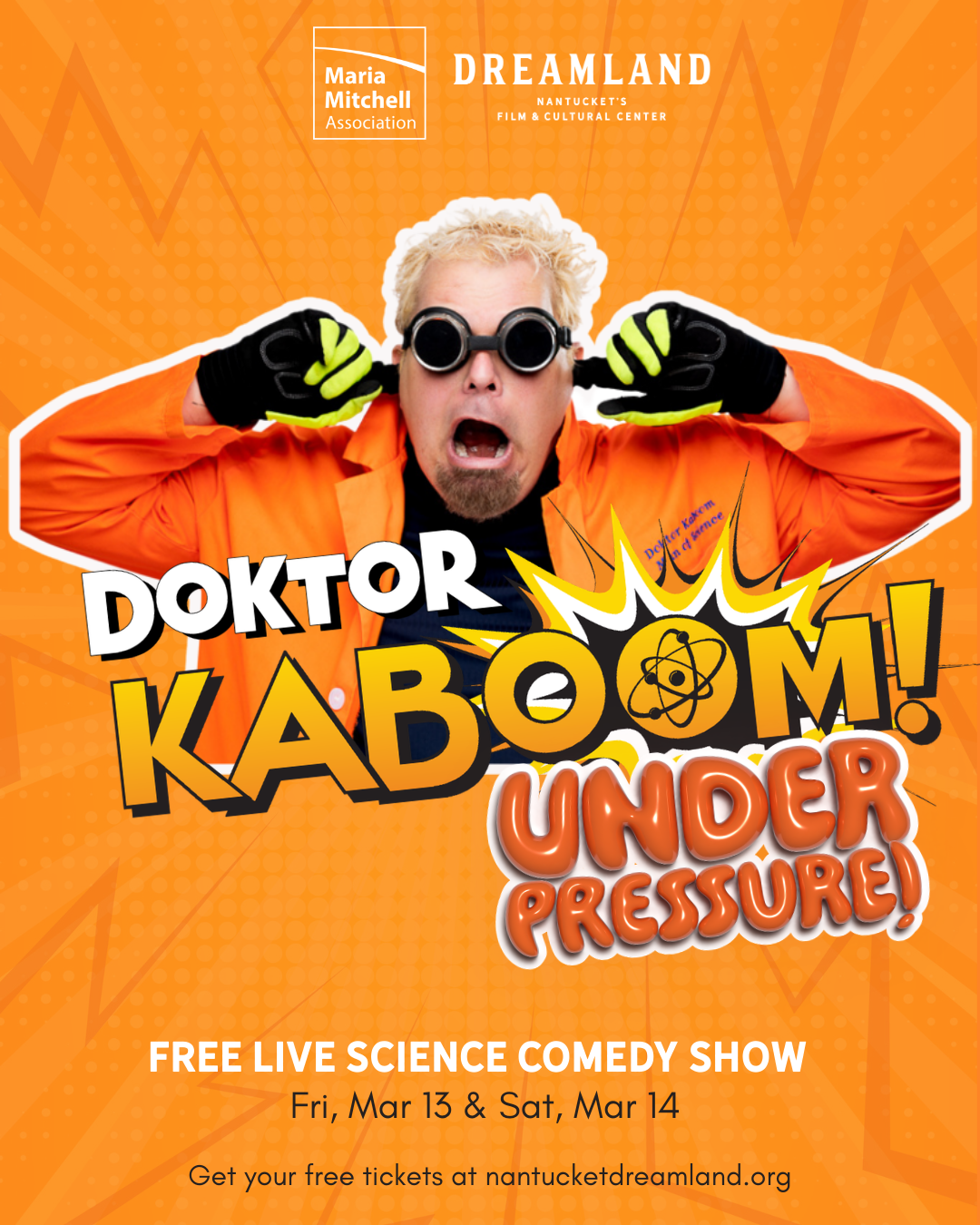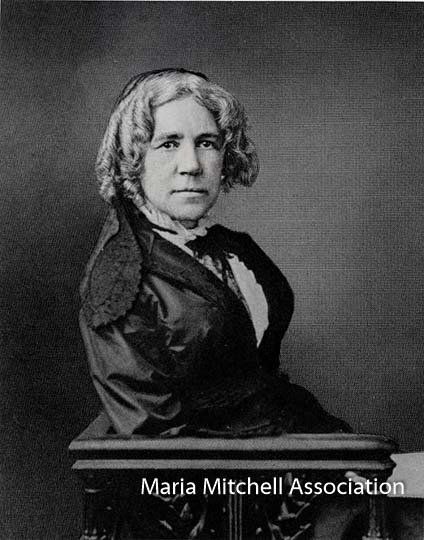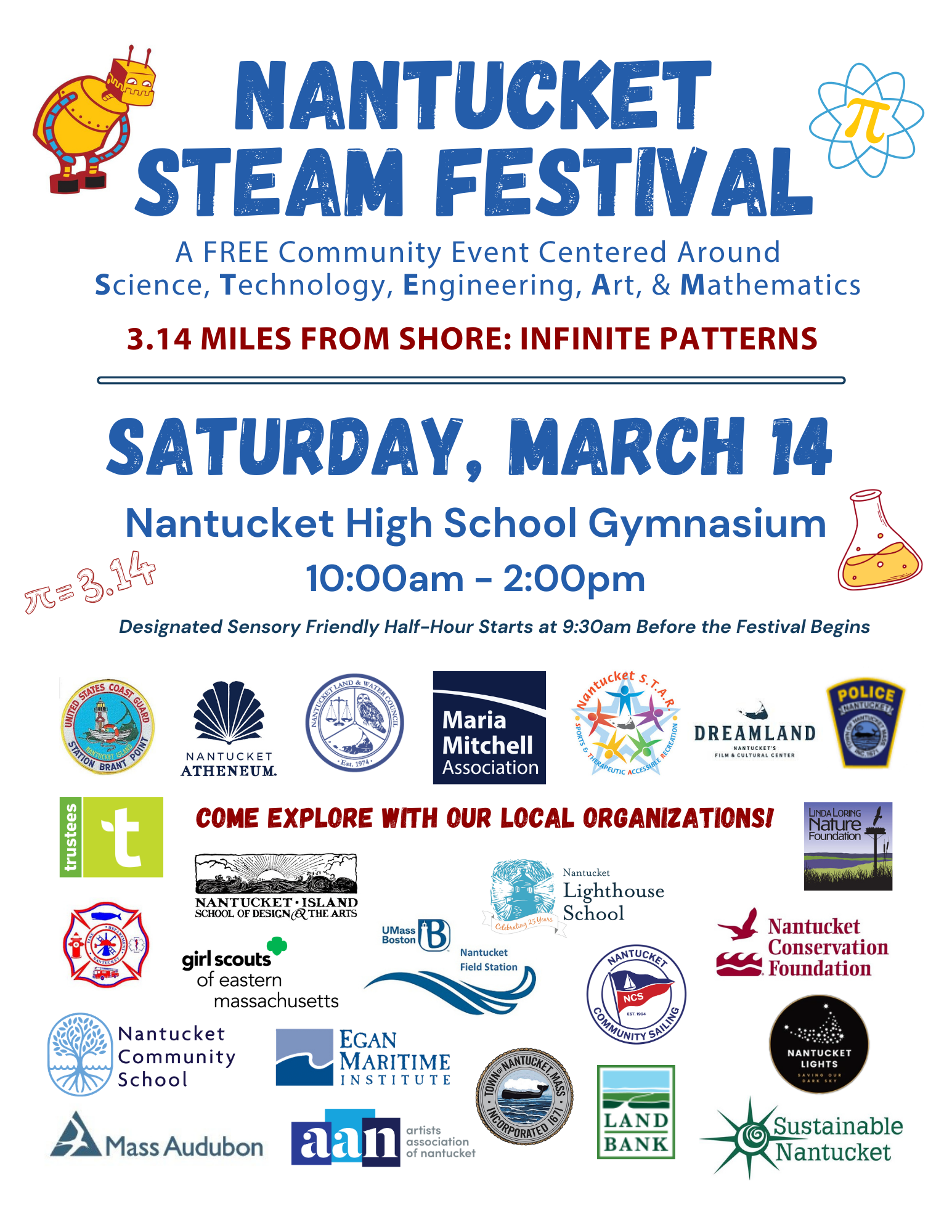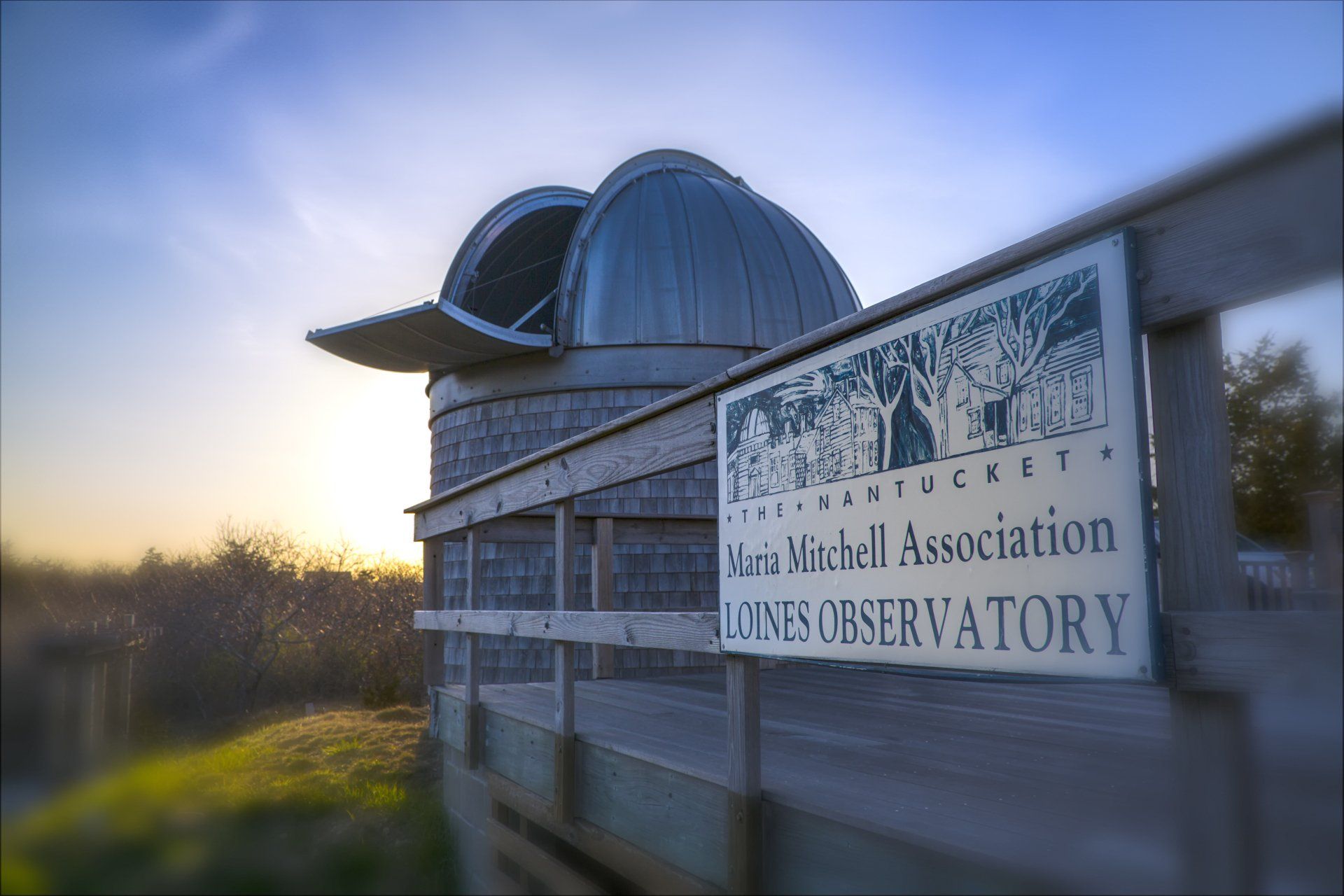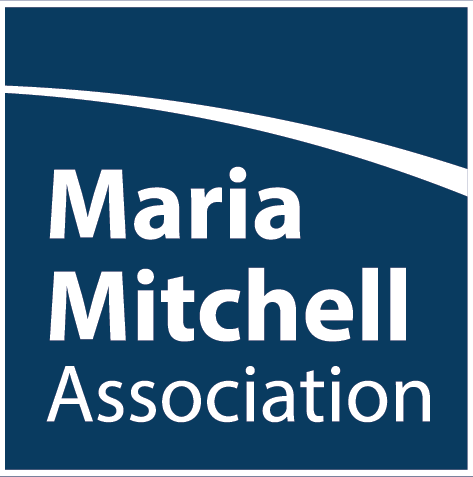Nantucket Maria Mitchell Association Announces Harbor Acidification Monitoring Project Launch Event
NANTUCKET, MA—The Nantucket Maria Mitchell Association (MMA) announces the launch of its Harbor Acidification Monitoring Project made possible by funding from ReMain Nantucket, Great Harbor Yacht Club Foundation, Osceola Foundation, Sociable Weaver Foundation, and in collaboration with the Town of Nantucket’s Harbormaster. The MMA will deploy an oceanographic buoy in the Nantucket Harbor to begin a continuous data collection and publication monitoring project, the first of its kind on Nantucket. This project will collect and publish continuous data on seawater acidity (pH), dissolved oxygen, temperature, total algae, dissolved nitrates, and salinity (conductivity). This data will create the "Mitchell Curve," a long-term, permanent record of ocean acidification in Nantucket Harbor.
Due to its unique geographic, hydrographic, ecologic, and cultural setting, Nantucket Harbor has one of the last remaining healthy eelgrass (Z. marina) beds in New England. The shape of Nantucket Harbor forces incoming sea water to pass over eelgrass beds, which sequester the water’s carbon dioxide. Seagrasses can consume more carbon dioxide per acre than rainforests, and noticeably lower the acidity of the water around them. The MMA believes the confluence of these factors also make it one of the best locations to investigate the impacts of healthy eelgrass on the commercially valuable Nantucket bay scallop (A. irradians). These parameters will provide the public and cross-agency decisionmakers with essential, real-time information for more effective conservation, restoration, and management of critical habitats and the valuable commercial and recreational fisheries that depend on them.
Nantucket may become a sanctuary with healthy water quality in the future, benefiting a wide range of ocean life. It is important to understand how our harbor’s chemistry is changing during both short- and long-term tidal intervals, so that we can better comprehend the anthropogenic effects on the harbor. Young shellfish shells can dissolve in acidic water, and large fish may become stressed and unhealthy. Even naturally decomposing shells are beneficial to water quality, releasing basic calcium carbonate that lowers the acidity of the ocean. Beyond pH changes, understanding the impact of nutrient loading is crucial to understanding the health of the harbor and mitigating perilous effects on the eelgrass and bay scallop. By receiving constant real-time data, we can observe how the water chemistry fluctuates related to shortterm occurrences, such as runoff events, and long-term occurrences, such as weather trends, and analyze the effects those fluctuations may have on Nantucket’s sea life.
The MMA is thrilled to make the data collected through the “Mitchell Curve” available to all. This open-source data format will not only ensure transparency in scientific communication but also will create opportunities for students locally and afar to monitor the harbor in real time, explore opportunities to mitigate the effects of warming oceans, and potentially give rise to informing data driven decisions that support a healthy Nantucket Harbor. Additionally, the buoy and its data stream will provide the Maria Mitchell Association interns with incredible opportunities to handle and maintain advanced water quality equipment, process real-time data, and effectively communicate that data with community collaborators and to the public at large.
The Maria Mitchell Association was founded in 1902 to preserve the legacy of Nantucket native astronomer, naturalist, librarian, and educator, Maria Mitchell. After she discovered a comet in 1847, Mitchell’s international fame led to many achievements and awards, including an appointment as the first female professor of astronomy at Vassar College. Maria Mitchell believed in “learning by doing” and today that philosophy is reflected in the MMA’s mission statement, programs, research projects, and other activities. The Maria Mitchell Association operates two observatories, a natural science museum, an aquarium, a research center, and preserves the historic birthplace of Maria Mitchell. A wide variety of science and history-related programming is offered throughout the year for people of all ages.
###
For Immediate Release
August 8, 2024
Contact: Jónelle Gurley
programs@mariamitchell.org
Recent Posts
